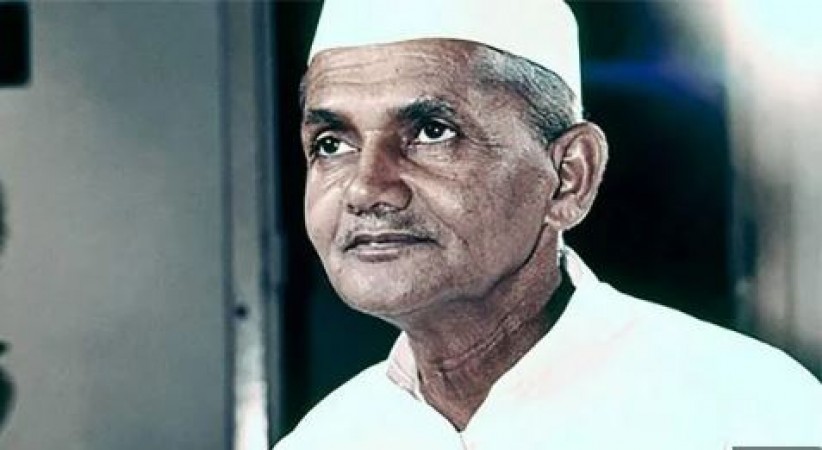
In the annals of Indian history, one name that shines brightly is that of Lal Bahadur Shastri. A leader of exceptional integrity and resilience, Shastri's life journey and contributions have left an indelible mark on the nation. From his humble beginnings to his impactful role in shaping India's destiny, let's delve into the remarkable story of this iconic figure. Lal Bahadur Shastri, born on October 2, 1904, was a visionary Indian politician who rose from modest beginnings to become the second Prime Minister of India. He was a true patriot and a staunch advocate of simplicity and honesty.
Hailing from a small village in Uttar Pradesh, Shastri's childhood was marked by financial hardships. However, he was determined to pursue education and eventually joined the fight for India's freedom. His participation in the Salt March led by Mahatma Gandhi was a pivotal moment that ignited his passion for a free and independent India.
Known for his unwavering honesty, Shastri earned the moniker "Shastri Ji" out of respect for his scholarly acumen. He believed that true leadership stems from ethical conduct, and his integrity was an inspiration to many. His commitment to public service and his simple lifestyle garnered admiration from all corners of society.
Shastri's tenure as Prime Minister was marked by significant challenges, including the 1965 Indo-Pak war. His resolute leadership during this period, along with his call of "Jai Jawan Jai Kisan" (Hail the Soldier, Hail the Farmer), galvanized the nation's spirit. His ability to unite the country during testing times showcased his exceptional statesmanship.
One of Shastri's most enduring contributions was his emphasis on agricultural self-sufficiency. His support for scientific methods in farming paved the way for the Green Revolution, transforming India from a food-deficient nation to a surplus-producing one. His foresight laid the foundation for the nation's food security.
Shastri believed that India's strength lay in its unity. He tirelessly worked to bridge gaps between different communities and regions, fostering a sense of national identity. His commitment to social harmony and inclusivity resonates even today.
Shastri's commitment to peace was evident in the Tashkent Agreement of 1966, which aimed to resolve the Indo-Pak conflict. Though he passed away shortly after signing the agreement, his efforts for peaceful coexistence continue to inspire diplomatic relations.
Lal Bahadur Shastri's legacy lives on in the hearts of Indians. His birth anniversary, October 2, is celebrated as the International Day of Non-Violence. His leadership qualities, humility, and dedication to the nation serve as a guiding light for present and future generations. In the tapestry of India's history, Lal Bahadur Shastri's story is a thread of selflessness, resilience, and unwavering commitment. His life exemplifies the power of leadership rooted in integrity and simplicity. As we remember his contributions, let us strive to emulate his values and work towards a stronger, united India.
Unveiling the Bold Design of Maruti Suzuki's Brezza Pickup Truck
The Phenomenal Rise of Hyundai Exter: A Game-Changing SUV Story
Innova Hycross and Toyota Hilux: Sales Success Stories Unveiled